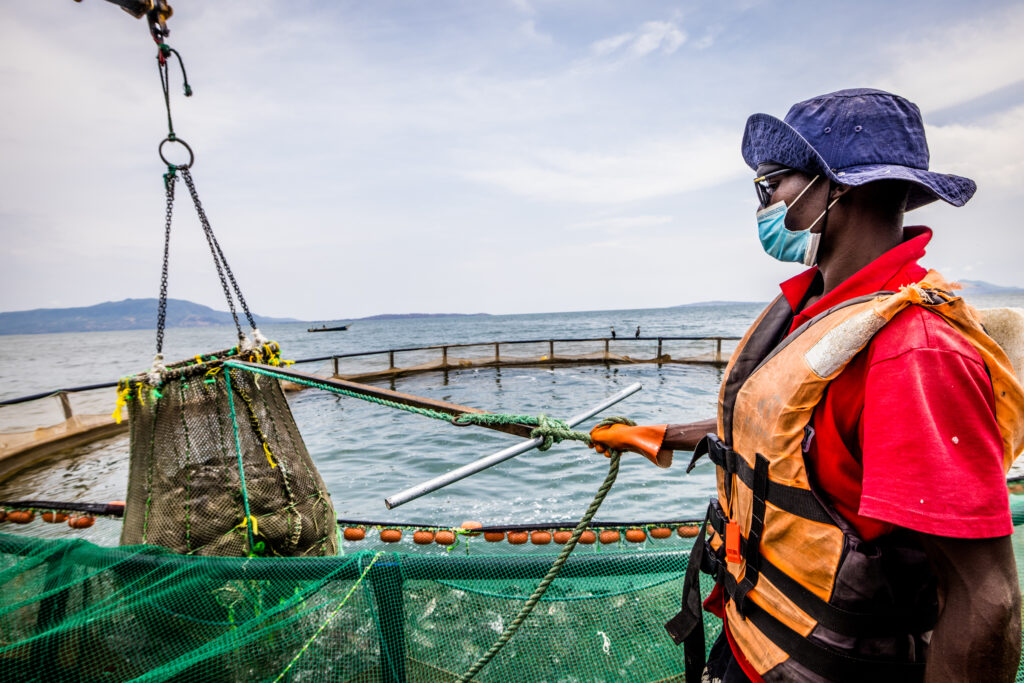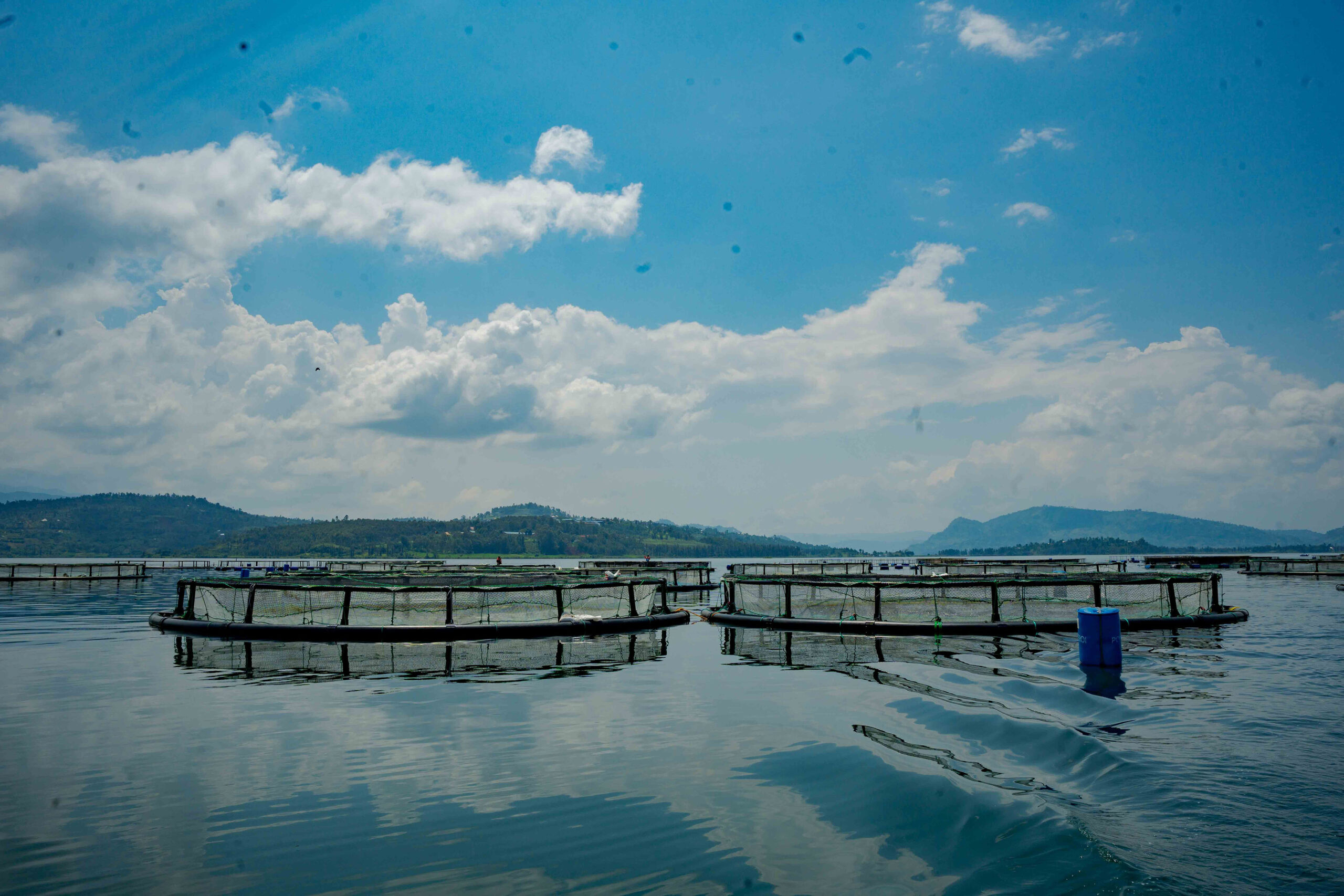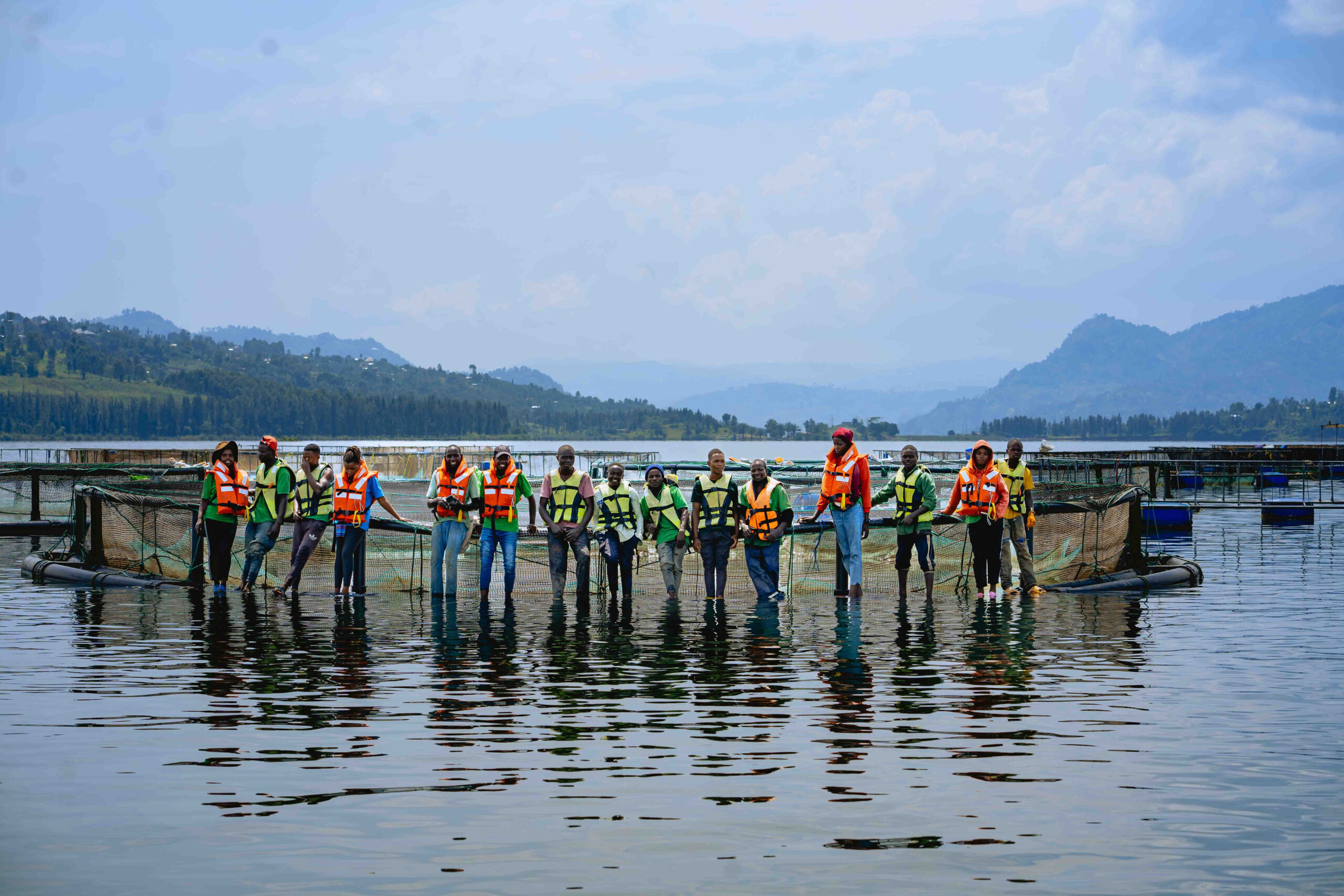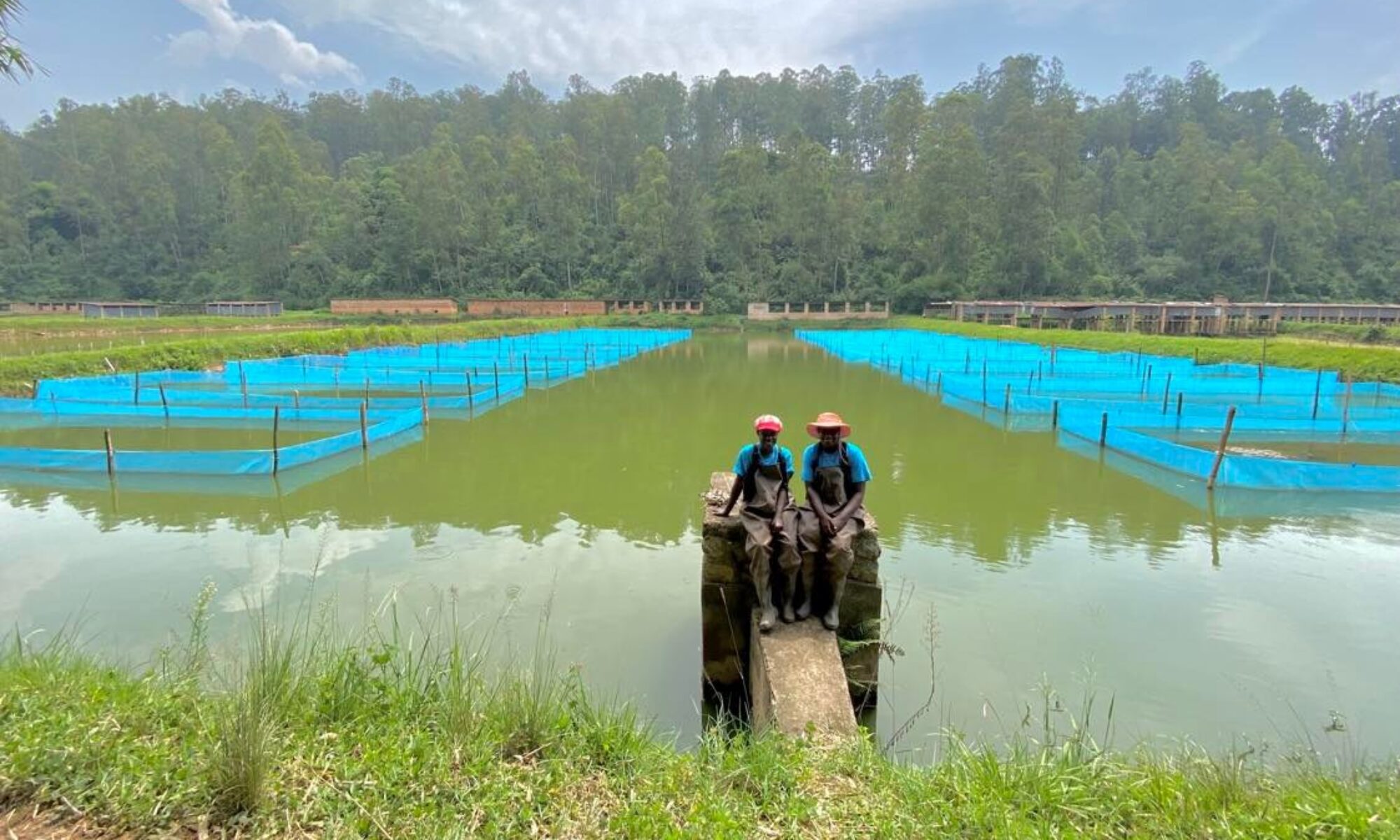May 27, 2022
Kenyan aquaculture company Victory Farms, East Africa’s largest commercial fish farmer, has raised $5 million in equity funding to expand its operations into Rwanda, Tanzania and the Democratic Republic of Congo (DRC).
- The round was led by two angels, managing director of Bain Capital Ed Brakeman, and Hans den Bieman Director of Sealand Aquaculture. He is the former CEO of Mowi (formerly Marine Harvest), the largest producer of farmed salmon globally.
- Also participating in the round was another angel who is a contributor to the Forbes Technology Council and existing investor DOB Equity.
- The funding comes after the commercial fish farm secured a mezzanine debt investment from the ag-focused social impact investor AgDevCo in 2021, and investment from the private equity firm DOB Equity in 2020.
- The company has seen significant growth since its founding in 2014; it now has 600 employees and over 55 branches in Kenya. It is targeting a 15x growth in the next five-to-six years.
Why it matters
Fish feeds over 200 million Africans, according to the United Nation’s Food & Agriculture Organization (FAO). In most regions of the continent like East Africa, the supply of fish annually falls short of demand. This is primarily because fishing rates are unsustainable. A study published in the Marine Ecology Progress Series Journal reveals that fish stocks along the coast of East Africa are depleting to alarmingly low levels, with 70% of the reefs below sustainable levels.
The Kenyan fish market, which is valued at around $5oo million according to Victory Farms, still has to deal with unsustainable fishing practices. According to the company, there has been a 90% decline in tilapia, which is the most popular freshwater fish, as the human population surges.
“The problem is the wild catch cannot keep up and it isn’t going to bounce back, at least not for a long time. The traditional way of doing aquaculture is also very inefficient and that’s the way that’s practiced almost everywhere in Kenya and East Africa,” Joseph Rehmann, CEO and co-founder of Victory Farms told AFN.
How it works
Victory Farms was founded in 2014 by Rehmann and Steve Moran. Rehmann had a background in investment banking and got to work on an aquaculture project in West Africa.
They identified the high but unmet demand for fish in the East African market. While the deficit was being filled by Chinese-sourced fish, the quality was questionable. They set out to produce quality tilapia to supply across Kenya and subsequently expand to other East African countries.
“We saw an opportunity to build an end-to-end protein platform. It’s really a science-driven and tech-enabled platform significantly disrupting traditional businesses through the use of technology,” says Rehmann.
To provide a consistent supply of fish, the startup combines indoor fish farming, on-base farming, and lake farming using deep-water cages.
The company has also invented its own hatchery Recirculating Aquaculture System (RAS) system. The system provides a controlled environment to enable the optimal production of fish.
According to Victory Farms, this system makes its farms 99.9% more land efficient compared to traditional tilapia aquaculture.
The company is on track to produce around 8,000 tonnes of fish this year working with 15,000 market trading women who source from its 55 branches countrywide to supply to their consumers. The women who receive 80% of Victory Farm’s produce are assured of a consistent supply of high-quality fish, which cannot be guaranteed from wild catch. The remaining 20% is split between restaurant suppliers and individual walk-ins at the company’s branches.
Victory Farms is now edging towards precision fish farming through an automated drone system that can predict the future performance of fish. The company is currently looking to partner with an aquaculture research company to help them deploy drones that will monitor fish ponds. According to Rehmann, this move would help them infer the health of the fish based on the colour of the water. They could then adjust feed or oxygen levels in the water and ultimately predict future production volumes.
Competitive landscape
Fish farming is rampant in Kenya. While Victory Farms has the highest number of fish farms in the country, other players in the market include Mwea Aquafish Farm, Africa Fish Farming, Safi Fish Farm, Nyanam Fisheries and Lake Naivasha Fish Farm to name a few.






